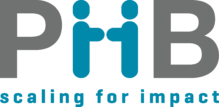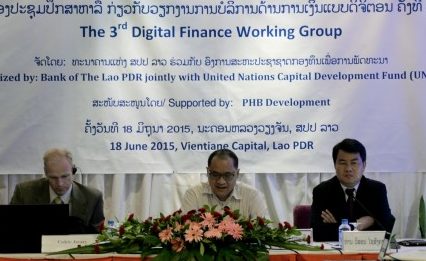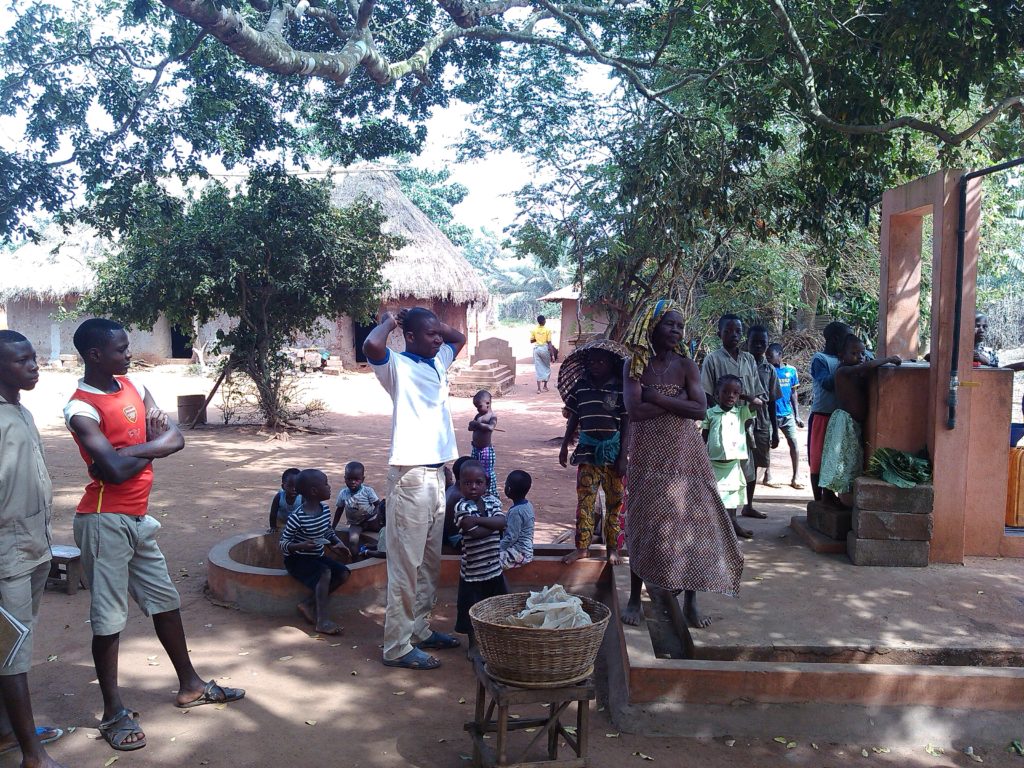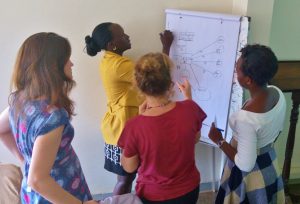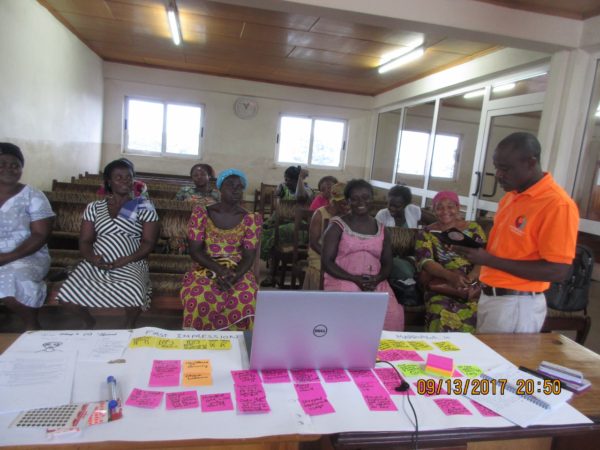
Gender-inclusive digital for true financial inclusion
Opportunity International is enabling more women to benefit from DFS
Women in some countries have been historically under-represented in digital outreach and may tend to lag men in the uptake of newly-offered digital products. In Ghana, for example, where Opportunity International (Opportunity) has a customer base of over 65% women, it was discovered that women represented less than half of the customers registered for mobile banking. Furthermore, when it came to the actual use of mobile banking services, women represented less than 30% of active users.
Opportunity is running a number of gender-focused initiatives aimed at addressing some of the barriers women face in using digital financial services and to pave the way for women to take part in the growing digital ecosystem. An Opportunity study with around 100 participants from three regions of Ghana shed light on some of the challenges faced by women clients in their adoption of mobile banking. These participants included women customers who had voluntarily registered for mobile banking, but had never used the service or had stopped using it shortly after registration.
The main gender-related challenges uncovered through the research were:
- Lack of sole ownership of a mobile phone (many women shared a phone with members of their household)
- Low levels of literacy and exposure to technologies
- Perceived self-doubt or self-blame in dealing with new technology-related products & services
“While the issues of phone ownership and literacy were commonly known to our staff, the findings around certain perceptions as a limiting factor for women were less understood,” said Dana Lunberry, a researcher with Opportunity Knowledge Management, who led the study. A number of the women expressed concerns around asking for assistance, and others had forgotten their pin codes and never asked for help because they were concerned about how their “forgetfulness” might be perceived. Women have often been characterized in industry literature as being less confident and more risk-averse than men especially when it comes to adopting new technologies. “Irrespective of the causes, these concerns existed and needed to be addressed,” added Nick Meakin, Opportunity’s Digital Financial Services Director for Africa.
With support from PHB Development, a set of women-focused training materials were developed in this Ghana initiative with an emphasis on creating a safe space that welcomed questions to support customers to build digital literacy. “The initiative helped field staff reconfigure their roles from being receivers of questions to question-seekers, and to perform more as coaches to help customers in their digital journeys,” said Ms Lunberry.
Opportunity’s gender-focused digital initiatives are moving forward with attention to the realities faced by individuals within their communities. Further work is set for 2018 to address some of the key challenges faced by a number of Opportunity’s women clients, such as low levels of literacy and technological exposure, through voice-based messaging and community outreach.
A goal is to not only to attract and assist female clients, but also female Agents. Experience in other countries has shown that women not only perform better than men as Agents, but also that female clients often feel more comfortable visiting a female Agent. And for a sustainable benefit, organizations must better understand offering the right products and creating the right environment to promote gender inclusivity, which can be a complex transformation that benefits communities overall.
Opportunity International and PHB Development have been teaming up through PHB Academy training programs to better target the implementation of digital financial services. For more information on PHB training and partnership activities with Opportunity International, contact Pete Sparreboom: psparreboom@phbdevelopment.com.
Restez connectés
Commencer